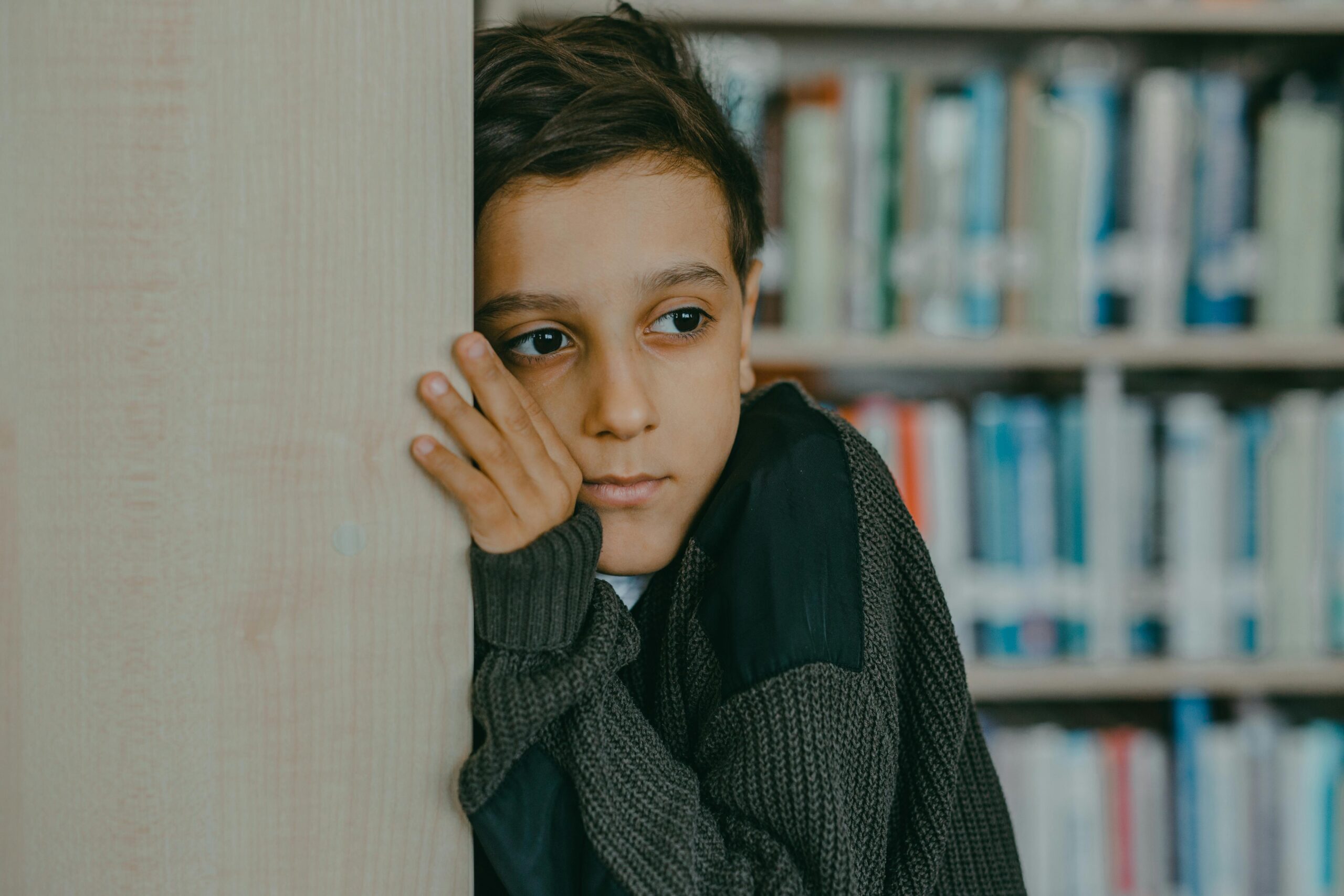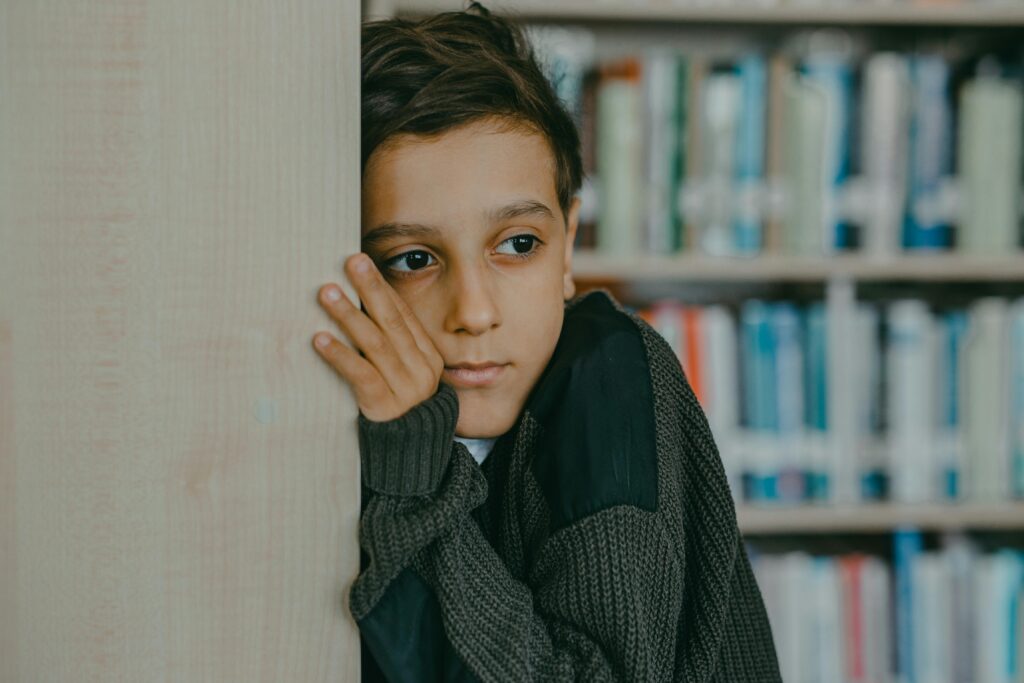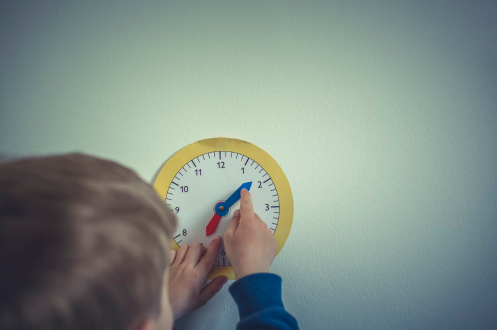TheLitPerspective is your one-stop shop for everything that ignites the spark of curiosity within you.

Parents, Watch Out for These Telling Signs of a Lonely Child

Photo by Mikhail Nilov
It’s unimaginable to think that children feel lonely, but they do. What are those signs of a lonely child, and how can parents make it better?
Parenting a lonely child is no easy task, especially when the signs are not showing themselves that easily. Kids are getting more into hiding how they feel when necessary, requiring parents to shift their approach to ensuring a child’s emotional well-being. After all, parents hate to think their child might be lonely. But if they are, what is the best course of action? If you’re a parent, how will you help your child overcome loneliness?
Let’s start by acknowledging that loneliness isn’t unhealthy for kids and adults. Neither should it be a matter to ignore, as it can lead to isolation, anxiety, and, worse, depression. While one of the major factors might be eggshell parenting, let’s look into how these other factors play a role.
Major Life Changes
If the family recently experienced major life changes, there’s a high chance that the child would feel lonely. Whether it’s moving into a new and unfamiliar place or a parent’s divorce, these events will impact a child’s mental health. It’s important for parents not to overlook a lonely child when going through such things, especially when they’re caught up in everything.
Emotional Withdrawal
There are instances where a lonely child isn’t necessarily “lonely,” particularly when they like to be alone. However, parents should pay attention if a child does it more than usual, avoiding social interactions. They might’ve argued with a neighbor’s kid or with classmates at school. Additionally, the child must’ve been isolated from their peers, causing them to feel lonely.
Another thing that parents should notice is the sadness a child feels when they’re often alone. It’s torture for a child to feel left out by other kids, especially when they’re struggling to make friends. Parents need to pay attention to their mood if their child shows sadness. Do they seem sadder than usual? Are they crying more frequently? If yes, they might be feeling lonely already.
Needier Than Usual
As mentioned, nothing feels worse than being left out for a child, just like Cora, an All Alone Girl. At this point, they still can’t articulate exactly what they’re feeling. However, they may describe their loneliness in other ways. They could also tell their parents the other kids don’t want to hang out with them. If this happens repeatedly, that is a sign of a lonely child.
Moreover, they might even be desperate for interaction and attention, to the point that they become clingy towards their parents. While this may be normal for some adults, children usually get over it after some time. And since they don’t get enough attention when needed, kids do it in other ways for anyone to notice.
Loss of Interest
A lonely child or teen may have less interest in what they used to find fun. Major life changes also affect certain losses of interest. Since a part of what makes life fun for them is gone or has moved on. Parents need to note if a child feels like they’ve lost interest in the hobbies they used to love but in an unusually sad way. The child will surely feel lonely without anything or anyone to share life’s joys with.
Should Parents Be Worried About a Lonely Child?
Loneliness is a serious issue, and parents shouldn’t ignore it. When a child is lonely, they begin to withdraw from their peers and social activities, such as play times, after-school clubs, or other social activities. Eventually, this pattern leads to behavioral changes, where they start to avoid or refuse to do anything with anyone. A lonely child’s tendencies shouldn’t be swept under the rug.
A huge part of a child’s well-being is their parents, and they should be proactive in addressing the signs of loneliness. Yes, parents should worry about their lonely child if needed. However, it shouldn’t stop mainly a concern because it won’t solve the issue down to its core. Many lonely children could overcome this struggle with the right support and intervention. Moreover, they’ll develop healthy social circles to thrive in life.
For parents, dismissing their child’s loneliness is the last thing they should do. They should take it seriously and help them live a more fulfilling childhood. Their self-esteem will be highly affected, and parents should touch on that. It may be a difficult experience for a lonely child, but they can make it because they have their parents by their side.

Hello! Do you like art? Cats? Manga and anime? Perhaps a chill rainy afternoon? You are very welcome to my world!



